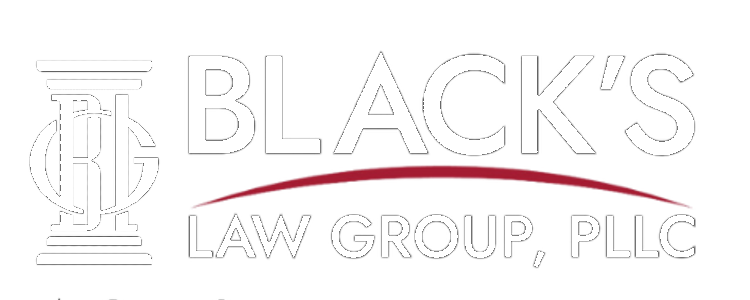There are a whole host of different court orders that can limit contact or visitation between two people. In family violence cases, the legal tool is referred to as a Protective Order. A Protective Order is a court order that prohibits you, as a defendant, and only you, from various types of conduct or contact.
Protective Orders can have serious impacts on your day-to-day life. If the victim is your spouse and you live together, it may kick you out of the home. It may prevent you from having any type of contact, text, call, or otherwise, with your boyfriend or girlfriend. Protective Orders can cause serious consequences to you and other loved ones.
If you or a loved one are being investigated or have already been arrested in a family violence case, you are likely scared, concerned, and overwhelmed. Call our experienced and dedicated attorneys at Black’s Law Group for an initial consultation where we can answer some of your likely many questions.
Until then, you can continue reading the rest of this post to learn about some of the basics about Protective Orders in Family Violence cases.
What are the different types of Family Violence Protective Orders?
Technically speaking, a protective order is a protective order is a protective order. However, the conditions of a protective order can vary from case to case. Experienced defense attorneys will often use shorthand to describe the different types of protective orders that you may face.
- Limited or Partial – this is the term that attorneys often use where the only condition set out in the protective order is that a defendant not harass, threaten, stalk, or commit an act of violence against the alleged victim.
- Residential Stay Away – this is the term that attorneys often use where the protective order prohibits a defendant from harassing, threatening, staling, or committing an act of violence and also prohibits them from being within 100 yards of the protected person’s home.
- Full Protective Order – this is the term that attorneys often use to describe protective orders that not only include the limited or residential stay away conditions, but also, prohibit a defendant from making any form of contact with a protected person.
Can I fight a judge’s decision about my Protective Order?
Yes, you can. There are two ways to deal with Protective Orders in criminal cases. You can contest the Protective Order and its conditions though a Fernando A. hearing, or, wait a period of time and then seek to modify the Protective Order.
For more about Fernando A. hearings, you can check out our post dedicated entirely to that topic. Bottom line, you have the right to request a full evidentiary hearing to challenge the need for the Protective Order at your arraignment.
If you do not wish to contest the Protective Order early in the process, you can instead do so later in the case after some time has passed by filing a Motion to Modify the Protective Order. To do so, you will need to file a Motion in court asking that the Court modify the protective order. Oftentimes, we see this happen in cases where a defendant is subjected to a full no-contact order but later wishes to modify the order downwards.
Protective Orders and Firearms
If you are a valid, permitted firearm owner, a Protective Order will have ramifications on your firearm ownership. Following an arrest where a Protective Order will be issued, the local police will often seize your permit along with any firearms or ammunition in your possession. This is not only done pursuant to state law, but also, federal law.
Within a few days, you will receive a formal revocation letter from the Special Licensing and Firearms Unit informing you that your permit has been revoked. From there, you will have 90 days to formally invoke your right to appeal that decision.
Hiring an experienced defense attorney to not only represent you in your pending criminal case, but also, to guide you through the process of preserving your right to appeal your permit revocation, represent you at your hearing, and potentially negotiate the return of your permit at the conclusion of your case, can prevent you from needing to start the permitting process from scratch.
What happens if I violate a Protective Order?
If this happens, you will likely face a brand new criminal case where you will be charged with the crime of violating a protective order (in addition to any other crimes that are related to the act that violated the protective order).
This crime is a class D felony that carries with it a penalty of up to 5 years of imprisonment. Courts take their orders very seriously. Violating one puts you firmly in their crosshairs.
Hire an experienced family violence attorney at Black’s Law Group to help you through this process.
If you or a loved one are facing a family violence arrest, it will place you in the crosshairs of the criminal justice system, but it can also affect your job, your family, and reputation in the community. You or your loved one are probably scared of what lies ahead. You will want to hire the right team of Connecticut defense attorneys to thoroughly evaluate, investigate, and guide your case towards the best possible outcome. That’s where Black’s Law Group comes in. Call Black’s now to schedule your free consultation.

